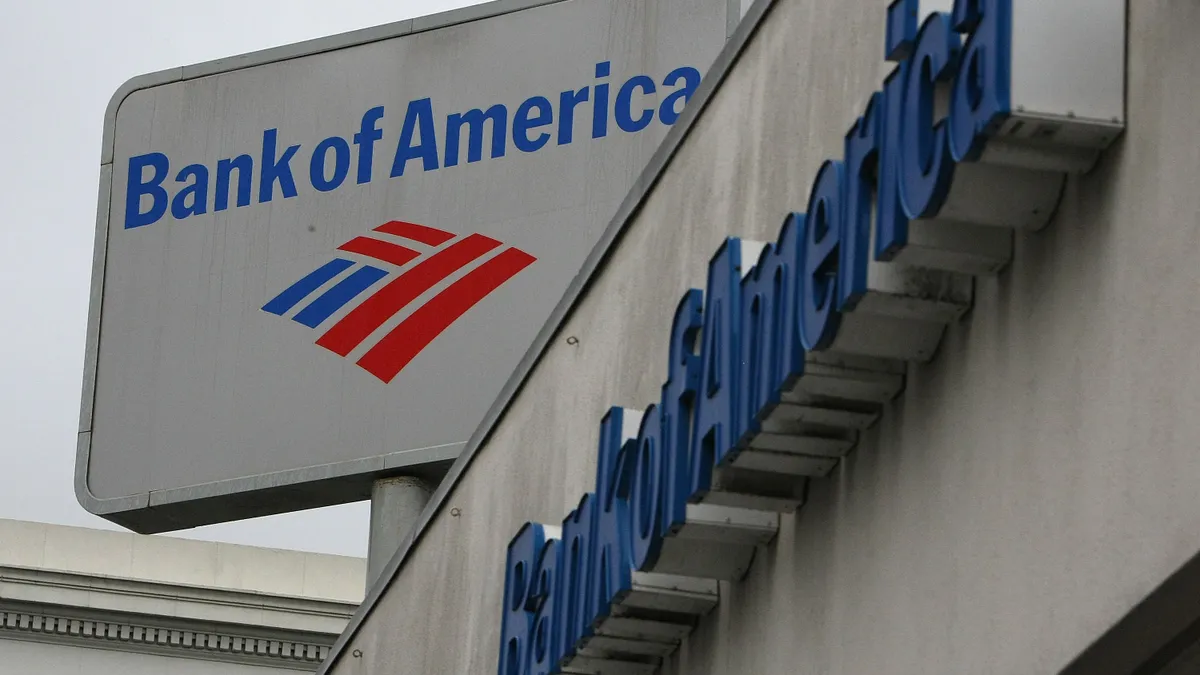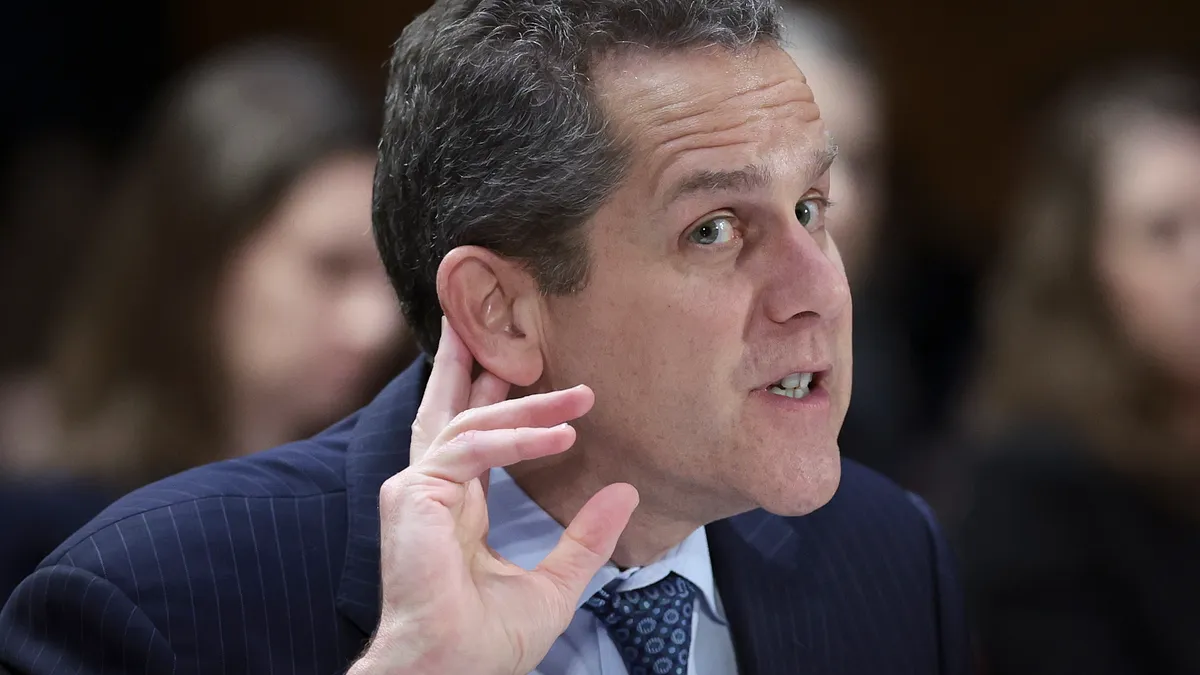Bank of America has created a team to research cryptocurrencies and technology related to digital currencies — an effort that makes the U.S.’s second-largest bank the last among the nation’s eight systemically important financial institutions (SIFIs) to lay out a crypto-related plan.
"Cryptocurrencies and digital assets constitute one of the fastest growing emerging technology ecosystems," Candace Browning, Bank of America’s head of global research, said in a memo seen Thursday by Bloomberg. "We are uniquely positioned to provide thought leadership due to our strong industry research analysis, market-leading global payments platform and our blockchain expertise."
This year’s crypto push among big banks began in earnest in February, when BNY Mellon announced in February it is forming a digital assets unit to develop a multi-asset digital custody and administration platform set to roll out this year.
Goldman Sachs followed that up by announcing in March it would relaunch its crypto trading desk.
That same month, Morgan Stanley told its financial advisers it is letting its wealth-management clients access three investment funds that enable ownership of Bitcoin. Individual clients would need at least $2 million in assets held by the bank, and an account that’s been open for at least six months. Investment firms can qualify with $5 million in assets held by Morgan Stanley and a 6-month-old account. Bitcoin investments would be capped at 2.5% of a client’s net worth, anonymous sources told CNBC at the time.
The crypto space’s flagship currency, Bitcoin, saw a more than 10-fold jump in value in the 13 months from start of the COVID-19 pandemic to when it peaked at $64,863 in mid-April. It has since lost nearly half of its value — a fluctuation that has caused central banks to blast the asset class for its volatility.
The Basel Committee on Banking Supervision last month recommended the highest possible risk weighting be applied to a bank's exposure to Bitcoin and some other cryptocurrencies. The Bank for International Settlements (BIS), two weeks later, issued a report calling cryptocurrencies "speculative assets rather than money" that "tend to work against the public good element that underpins the payment system."
"Bitcoin in particular has few redeeming public interest attributes when also considering its wasteful energy footprint," the BIS added.
The downturn in crypto’s value hasn’t seemed to dampen SIFIs’ enthusiasm for digital assets. State Street announced last month it has formed a 425-employee digital unit to encompass crypto, central bank digital currencies (CBDCs), blockchain technology and tokenization, with the aim to evolve its GlobalLink into a digital multi-asset platform.
Citi similarly launched a digital assets group in June to help clients invest in cryptocurrencies, stablecoins, nonfungible tokens and CBDCs.
Wells Fargo, for its part, said in May it planned to launch its cryptocurrency investment platform for qualified investors by mid-June.
That leaves JPMorgan Chase, which extended banking services to crypto exchanges Coinbase and Gemini more than a year ago and in March filed documents for a debt-investment offering tied to a group of stocks with crypto exposure, according to CNBC.
Bank of America’s relative latecomer status with regard to crypto makes sense. Because of higher risks associated with crypto, it tracks that custodian banks like State Street and BNY Mellon and investment banks like Goldman and Morgan Stanley — which devote a higher proportion of their energies toward asset management and a wealthier clientele — would be out front in the race. Given JPMorgan’s sizable investment banking presence, it, too, shouldn’t be discounted among this group.
Bank of America, by comparison, has a branch footprint that rivals Wells Fargo or JPMorgan — but is less reliant on its consumer units than Wells and less reliant on investment banking than JPMorgan.
Although Wells takes the highest percentage of its revenue from consumer banking among the big four, it also may be in the market for a new branch to its revenue stream in light of several well-publicized stumbles on the retail side.
Ditto Citi. Like JPMorgan, it functions both as a consumer and an investment bank but casts the widest retail net globally — even if not in the U.S. — and may be looking to offset losses it has suffered over lagging regulatory compliance.
Alkesh Shah, a founding member of Bank of America’s data and innovation strategy group since 2017, will lead the bank’s crypto team and report to Michael Maras, who leads fixed-income, currencies and commodities research, the memo indicated. Shah previously worked as a strategist on Bank of America's global technology desk and served as a tech-focused managing director at both Lehman Brothers and Morgan Stanley, according to his LinkedIn page.






















